Rebuilding Sri Lanka – Get Rid of the Red Tape First

Professor Janek Ratnatunga
Our erstwhile Governor of the Central Bank, Dr. Indrajit Coomaraswamy, when asked recently about his performance during his tenure, said, “The Operation was successful, but the patient died.” Then, when asked for his recommendations as to how to bring back a patient from the dead, he went on to discuss various macro-economic policies - ‘fiscal policy’, ‘monetary policy, ‘emergency funding, etc. – words he bandied ad-infinitum in discussing possible economic solutions.
Dr. Coomaraswamy’s responses reminded me of a Royal rugby teammate of mine who went on to become a highly successful surgeon. When anyone went to him with a medical issue, his first response was surgery. Stubbed toe? Amputate! Headache? Craniotomy!
He was obviously joking but it reminded me of the saying, “If you are a hammer, everything you see is a nail.”
However, Dr. Coomaraswamy is no run-of-the-mill hammer. He is the closest person I know to a Swiss Army Knife. In addition to his impeccable qualifications in economics, he was also a fantastic rugby player, having captained Sri Lanka.
Therefore, he well knows that keeping Sri Lanka out of the abyss requires a team effort, just like in a rugby team. Macro-economic policy must go hand-in-hand with other structural reforms – in agriculture, energy, investment, labour markets and access to credit.
Dr. Coomaraswamy did make a passing reference to ‘reducing transaction costs’ as one of the key reforms required to start rebuilding Sri Lanka; and this is the core thrust of my article. It just costs too much – in time, money, and effort – for a person or entity to do business in Sri Lanka.
Every year up until 2020, the United Nations' World Bank Group published the Doing Business Report, – which ranked which countries are best to start a small business in. The rankings examined 190 countries worldwide, based on 10 key indicators: (1) Starting a business; (2) Dealing with construction permits; (3) Getting electricity; (4) Registering property; (5) Getting credit; (6) Protecting minority investors; (7) Paying taxes; (8) Trading across borders; (9) Enforcing contracts; and (10) Resolving insolvency.
Even before Covid-19 and its bankruptcy, Sri Lanka was ranked No. 99. This is just not good enough! Compare this to our big neighbour, India – a country that many foreign entities get totally frustrated in when starting a new business – it fared much better than us, ranking No.63.
China – a country in which I did a lot of work in the early 1990s setting up its business structures – was No. 31, beating France (32) and Switzerland (36). No wonder China became an economic powerhouse in just 30 years.
The only big countries in our vicinity that ranked worse than us were: Pakistan (108); Bangladesh (168); and Afghanistan (173). Do we really want to be classed in that group?
Interestingly, amongst the Top 15 countries were: New Zealand (1); Singapore (2); Hong Kong (3); USA (6); UK (8); Malaysia (12); and Australia (14). I have helped clients set up companies in all these countries, and, by and large, I agree that starting and running businesses in these countries is extremely easy. In Australia, one can start a private company with just one shareholder and one director who must ordinarily reside in Australia. A public company must have at least 3 directors, with at least 2 directors ordinarily residing in Australia. The approval of a company name and the registration of the company can be done online in minutes. Confirmation is normally within 24 hours. No accountants or lawyers are necessary. Getting all the tax registrations required and opening a bank account is all done online and is just as easy. In New Zealand, despite its No. 1 ranking, opening a bank account is often frustrating and took about 3 months in one case.
A small private company in Australia and New Zealand is generally not required to prepare and lodge audited financial reports annually unless it exceeds certain turnover thresholds, or the company is controlled by a foreign company. Even in India, a compulsory tax audit is required only if a business exceeds sales turnover thresholds.
Contrast this to Sri Lanka, where every Limited Liability Company (public or private) must audit its accounts annually. Whilst this gives lucrative work for Chartered Accountants, this significantly adds transaction costs to doing business in Sri Lanka.
The problem is that Sri Lanka is a land of accountants and lawyers who have passed laws that enable them to provide services that ultimately make it very difficult to start and run businesses. Foreign investors will look to countries, where unnecessary obstacles are not placed in terms of setting up businesses and running them.
The World Bank Group, having ceased publishing the Doing Business Report in 2020, is now working on a new approach to assessing the business and investment climates of economies worldwide. This compendium of alternative indicators will correspond to three stages impacted by an economy’s business environment: (1) opening a business, (2) operating a business, and (3) closing a business.
The ‘opening a business’ indicators hope to capture the ease of incorporation, registration, and obtaining initial infrastructure and services. The ‘operating a business’ indicators hope to measure various aspects of the business environment that firms encounter in their day-to-day operations; including the quality of electricity supply; taxation; and logistics performance. The ‘closing a business’ indicators hope to capture liquidation options and opportunities for firm rehabilitation, including those covering insolvency assessment, reorganisation procedures, and loan enforcement frameworks.
There is clear evidence that the structural reforms that Sri Lanka must undertake will take several years to deliver, and some of them—easing job protection regulation and liberalising domestic finance—may entail greater short-term costs when carried out in bad times such as the situation in Sri Lanka today. Therefore, these must be implemented early in the authorities’ electoral mandate for any chance of success.
In the short-term, however, the best results will be achieved by opening our economy to foreign investment by making it easier to do business in this country. The new President must set-up a high-powered team to consider how to cut down red-tape so that Sri Lanka can climb much higher in the World Bank ‘Ease of Business’ rankings. It is only then that we can attract the Foreign Direct Investment (FDI) that we so badly need to jump-start our economy.
I want to conclude by giving two personal examples of incomprehensible red-tape.
First, I have organised an Australian Charity to send significant funds to a locally registered charity. Given the volatility of the Sri Lankan Rupee, I asked the local charity – that has a rupee account at the Bank of Ceylon – to open an Australian Dollar account. It has been 4-months now, and the Bank of Ceylon keeps saying that Central Bank approval has not been obtained to open the AUD account! What? At a time when Sri Lanka desperately needs foreign exchange, why is the Central Bank getting involved in putting obstacles preventing inward remittances?
Second, I personally opened an Inward Investment Account (IIA) in a Sri Lankan Bank in Australian Dollars about two years ago. When this matured and I needed the money back, I was told that the Central Bank has put me in a queue, and that I will get my money eventually! There are similar horror stories told to me by Sri Lankan non-residents and expatriates who wanted to help out by sending money, but are now scared that it will be going down a sinkhole.
Now that the ‘commission’ and ‘corruption’ regime has been by-and-large exorcised, Sri Lanka needs to urgently restore confidence in its banking system, so that its millions of well-wishes overseas will feel confident in sending money back to their homeland.
The author is the CEO of the Institute of Certified Management Accountants of Australia & New Zealand.
-
Still No Comments Posted.






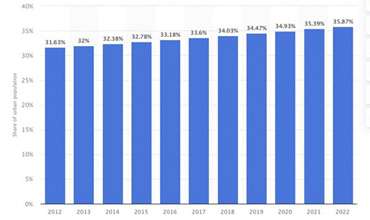
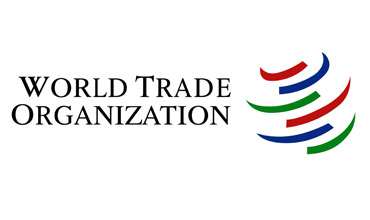
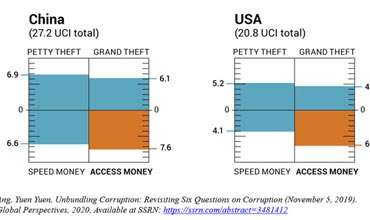
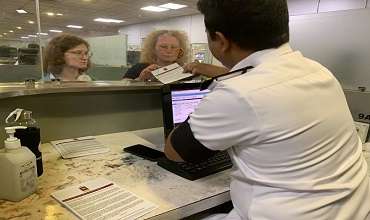
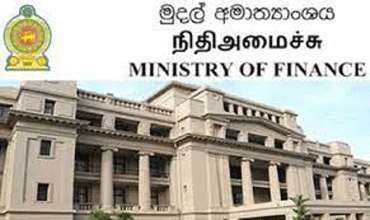
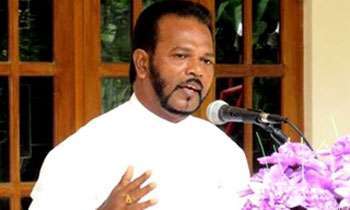

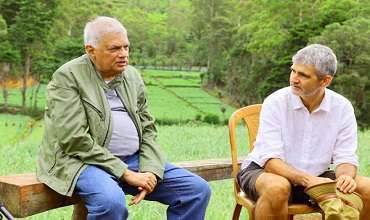

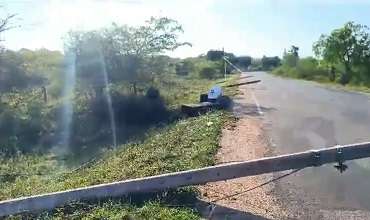
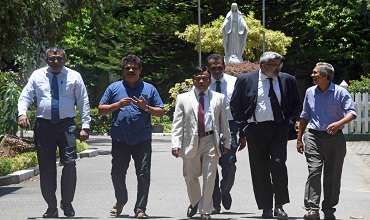

Leave Comments